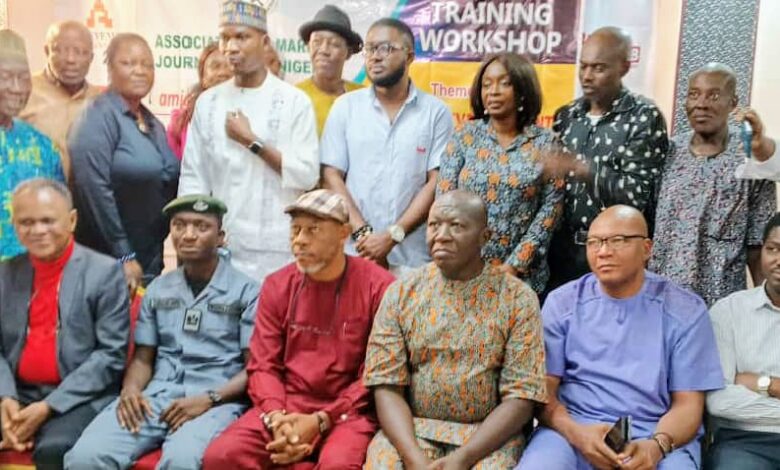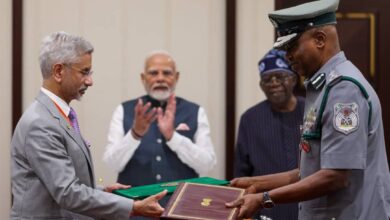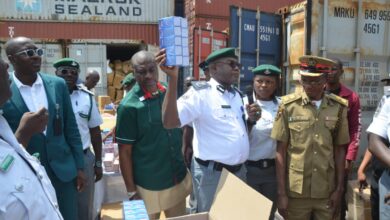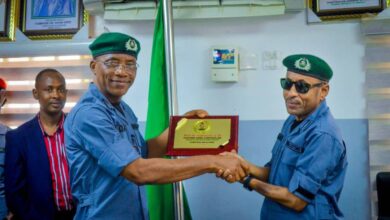
Stakeholders in the Nigerian maritime sector have been tasked to leverage the benefits of Special Economic Zones (SEZs) which have been identified as viable avenues to attract more Foreign Direct Investments (FDIs) into the country.
The Public Relations Officer (PRO), Lagos Free Trade Zone Command of the Nigeria Customs Service (NCS), Abdullahi-Lagos Abiola made the call during a training organised by the Association of Maritime Journalists of Nigeria (AMJON) at the School of Eloquence in Lagos over the weekend.
Abiola who represented the National Public Relations Officer of the NCS, Abdullahi Maiwada, urged stakeholders to leverage the Special Economic Zones and Free Trade Zones, as well as collaboration for trade facilitation to attract higher FDIs and grow the national economy for the greater good of all citizens.
Maintaining that economic growth depends largely on ease of doing business and adherence to the rule of law, among other factors, he noted that the NCS was generally shifting from over emphasis on maximum revenue generation and anti-smuggling to international best practices in customs operations.
His words: “There is no need to be hostile in enforcing customs operational rules. More so, the Comptroller-General of Customs is aiming for civilized customs in Nigeria, by ensuring that officers move away from the old ways of doing things to international best practices and standards of doing things.
“The Nigeria Customs Service is also shifting from the outdated regulations and cumbersome operational models and encouraging businessmen and all stakeholders to be compliant traders. Sections 7, 14(5) and 18, which set up a governing board, funding sources for sustainability for Customs operations, are meant to improve standards and align with international best practices”.
Commenting on Understanding the new Nigeria Customs Service (NCS) Act 2023 and how it will enhance economic growth, Abiola pointed out that Public Relations remains crucial to any organisation, adding that Comptroller Adewale Bashir Adeniyi’s rise to the Controller-General of Customs (CGC) remains a major source of motivation for serving junior Public Relations officers of the NCS.
He, however, disclosed that the NCS Act 2023 was facing some challenges including implementation huddles, expensive technology infrastructure, continuous comprehensive trainings for officers, vigilance against corruption and stakeholder engagement, among others.
He added that in spite of the NCS’ emphasis on adequate revenue generation, it aims at simplifying trade operations that aligns with global trends and best practices.
On his part, President of AMJON, Paul Ogbuokiri, who commended the management of the School of Eloquence for providing the facilities for the training, charged maritime journalists to update and upgrade their reportorial skills.
Ogbuokiri, who restated the association’s commitment to always ensure comprehensive reporting of the maritime industry, said members of the association have resolved to collectively pursue the School of Eloquence’s Master class programme.








